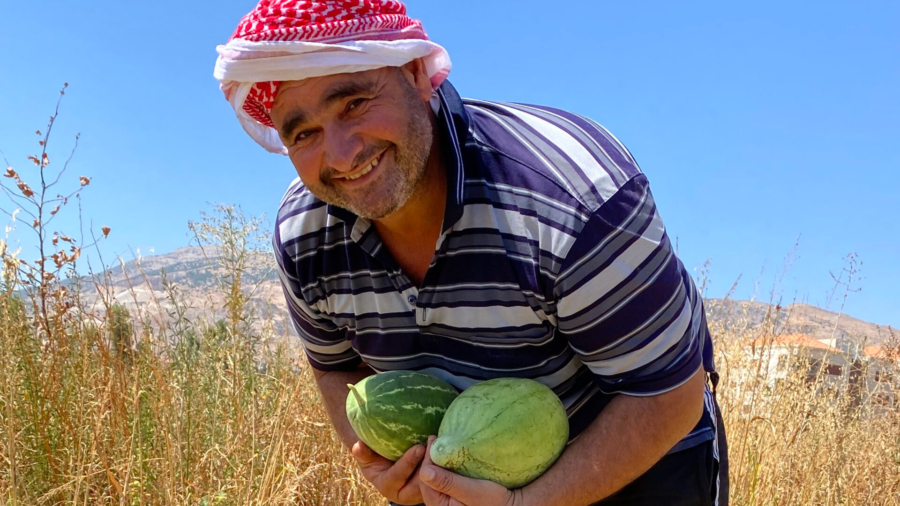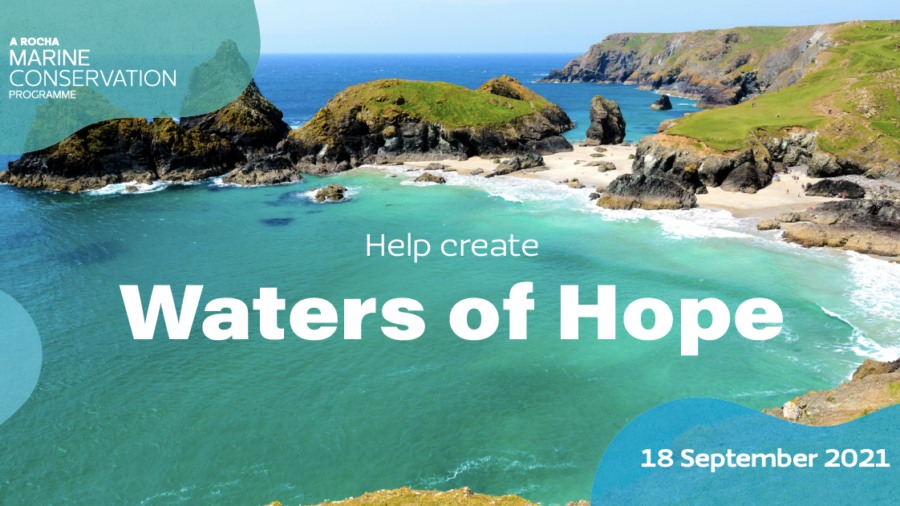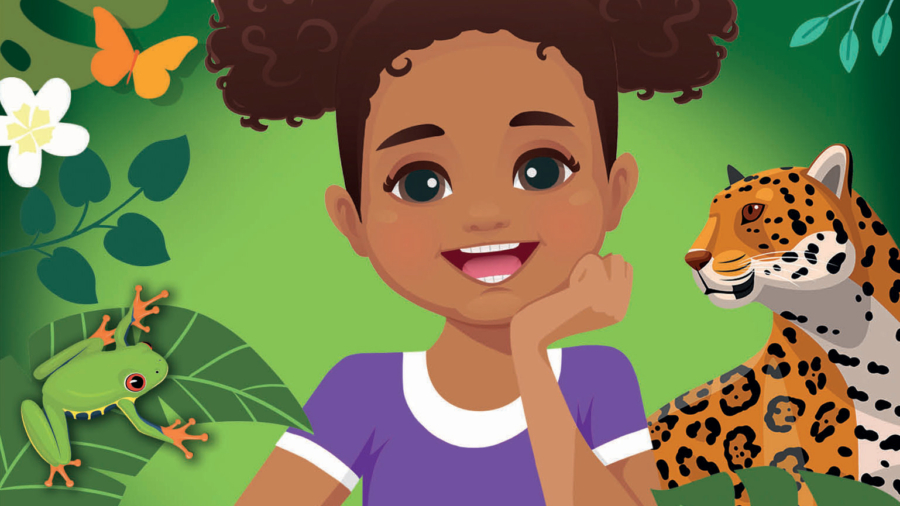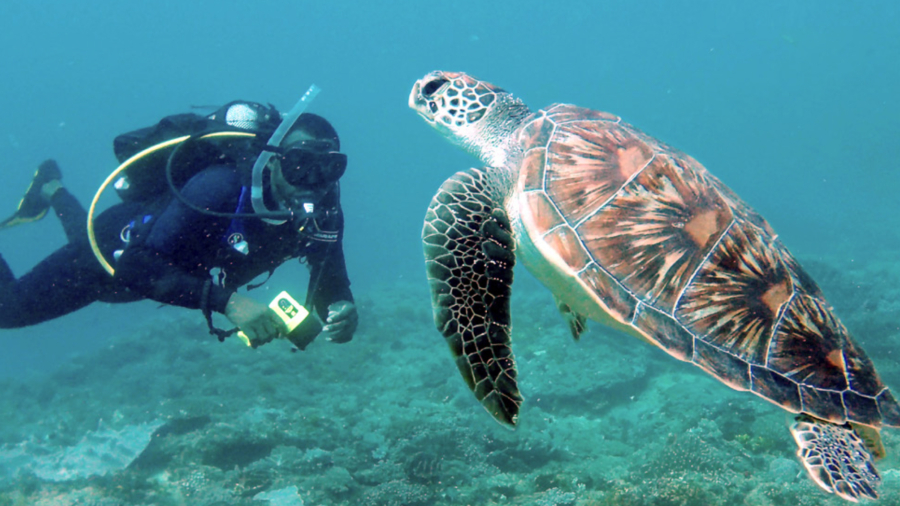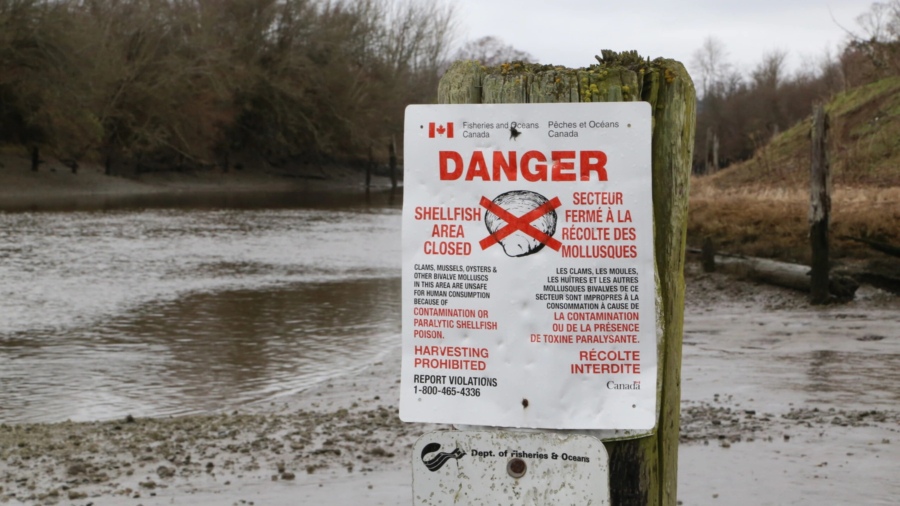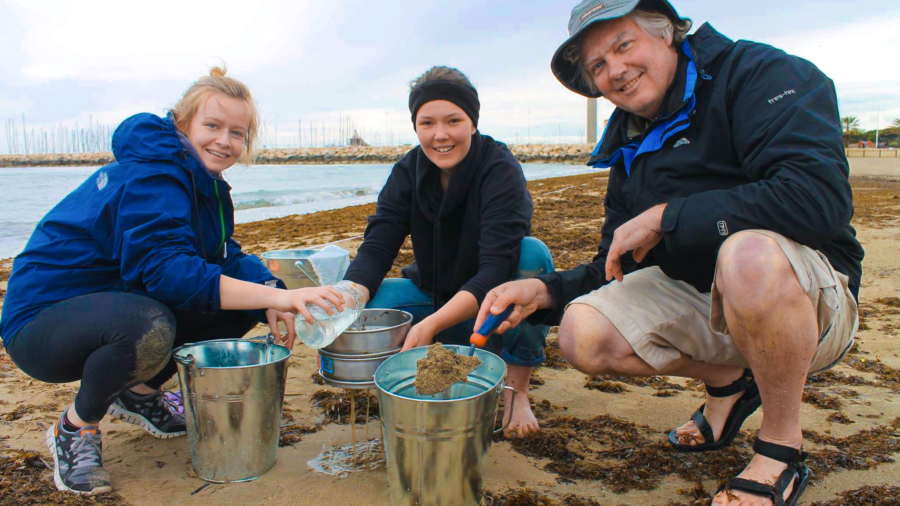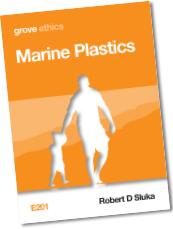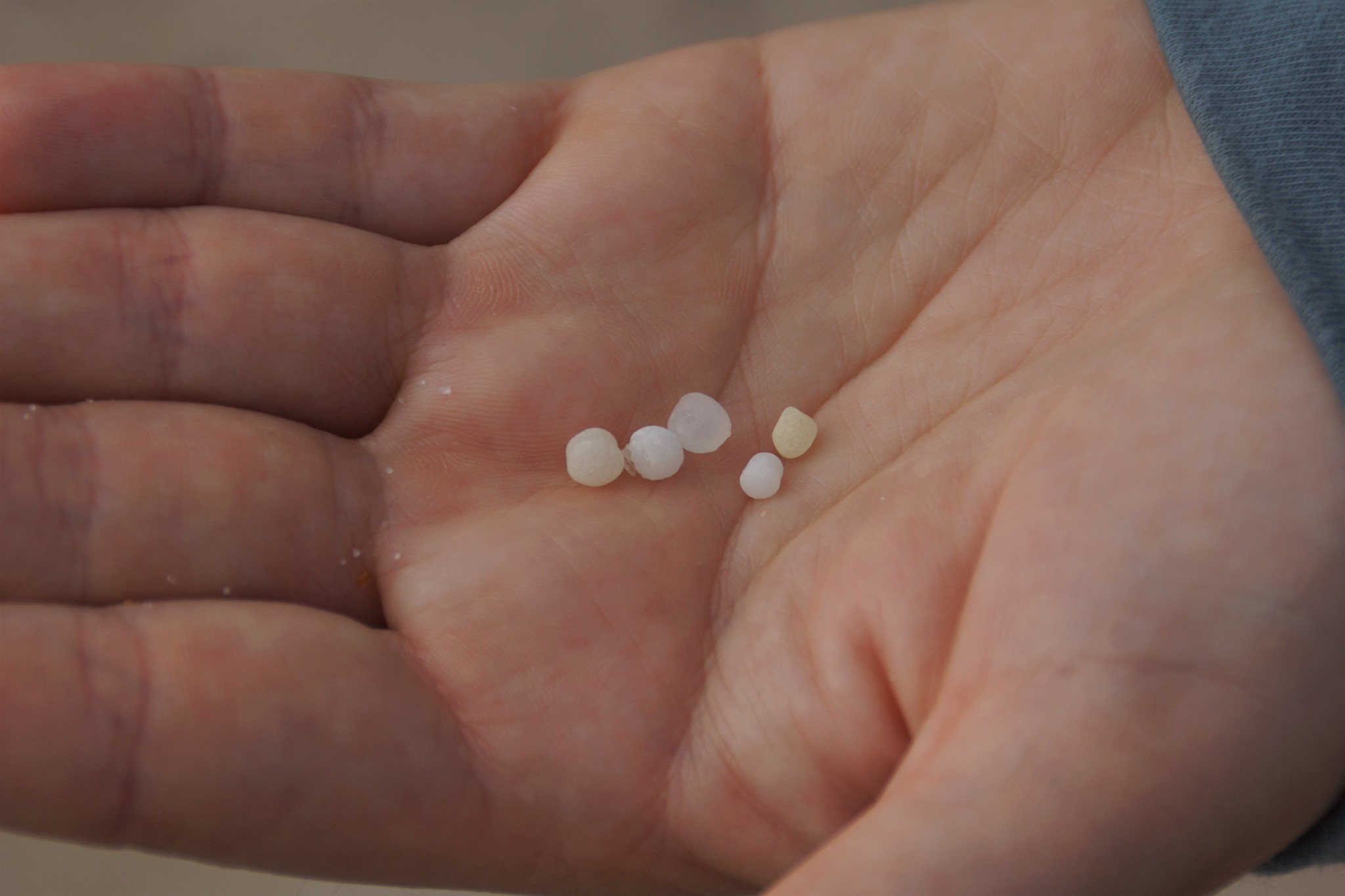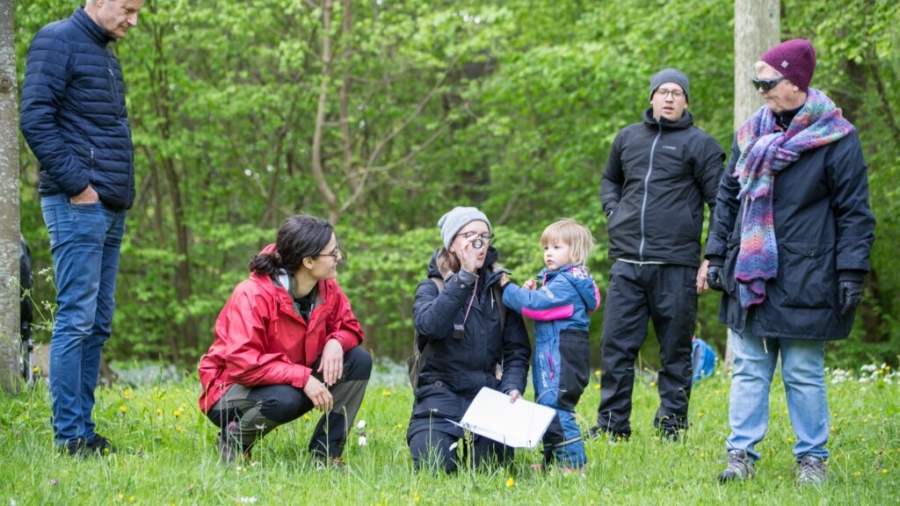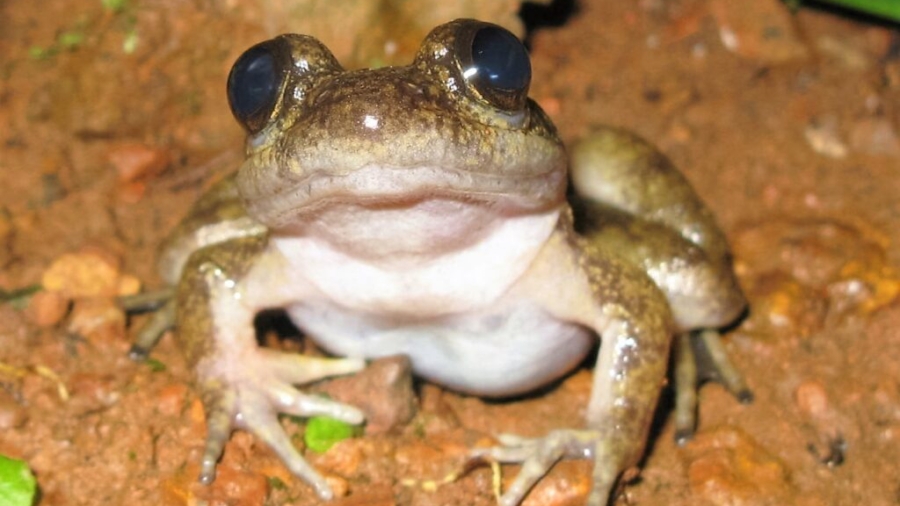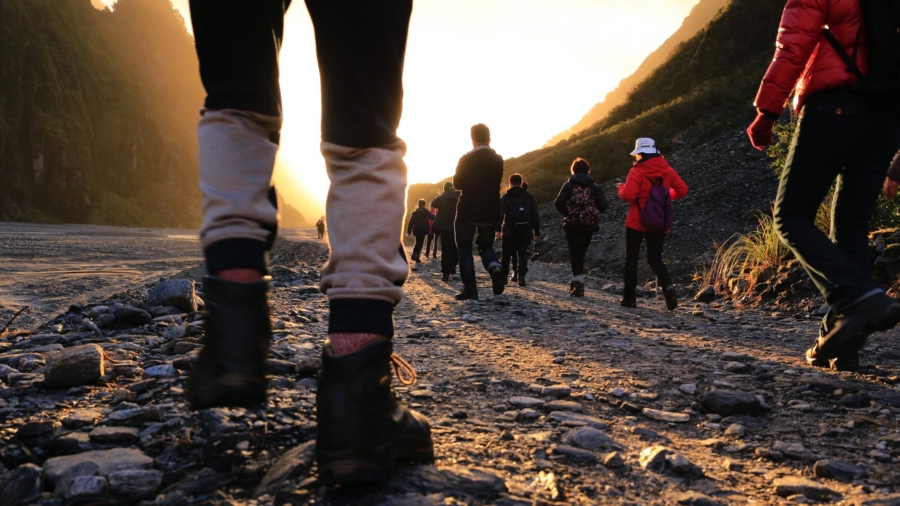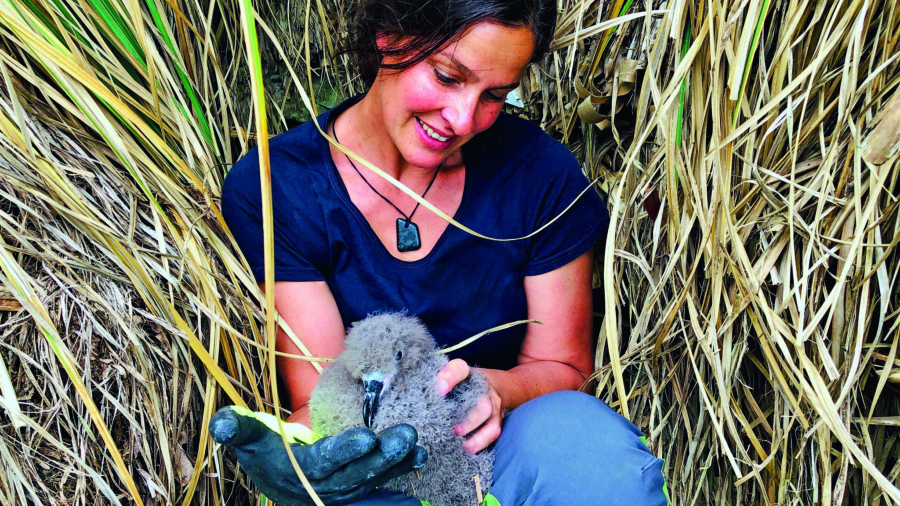Ibrahim Saffieh arrived in Lebanon with his family in 2012 as refugees fleeing the war in Syria. Initially he managed to find employment slaughtering chickens. Then in 2015, A Rocha Lebanon offered him work, first at our nature park in Qab Elias and more recently at Mekse, helping with practical conservation and site maintenance.
Ibrahim loves the outdoors and is a loyal worker. He can turn his hand to anything that needs to be done on site – from tree planting and pruning to pond maintenance and irrigation. When extra labour is needed, he arranges work for other refugees, paid on a daily basis thanks to Gifts with a Difference, and the generous individuals whose purchases have supported nature-based livelihoods for Syrian refugees.
Ibrahim also grows food for his family on currently unused land and sells any surplus produce for income. His wife, Fatimah, makes wonderful manousheh, a traditional Lebanese flatbread and their youngest son, Mohammad, hopes to follow in her culinary footsteps by learning catering. At 13 years old, he has already left school and works 12-hour days at a nearby sandwich restaurant. Their eldest son, Ahmed, is 20, and is a carpenter living and working in Beirut, while his daughter, Bathoul, is in her final year at school and dreams of going to university.
Gifts with a Difference has made a real and positive impact for refugee families like Ibrahim’s. Thank you for making a difference!
